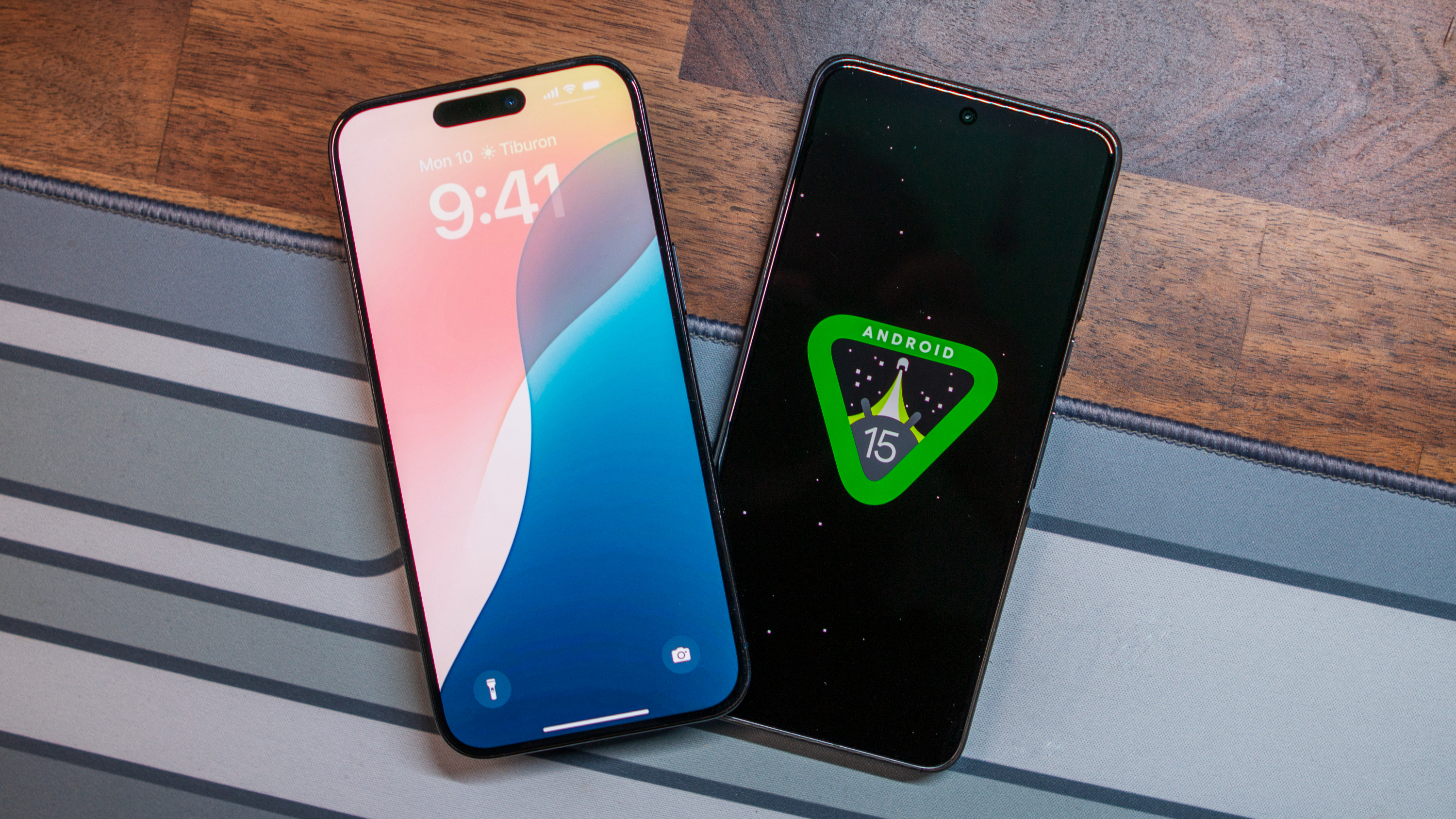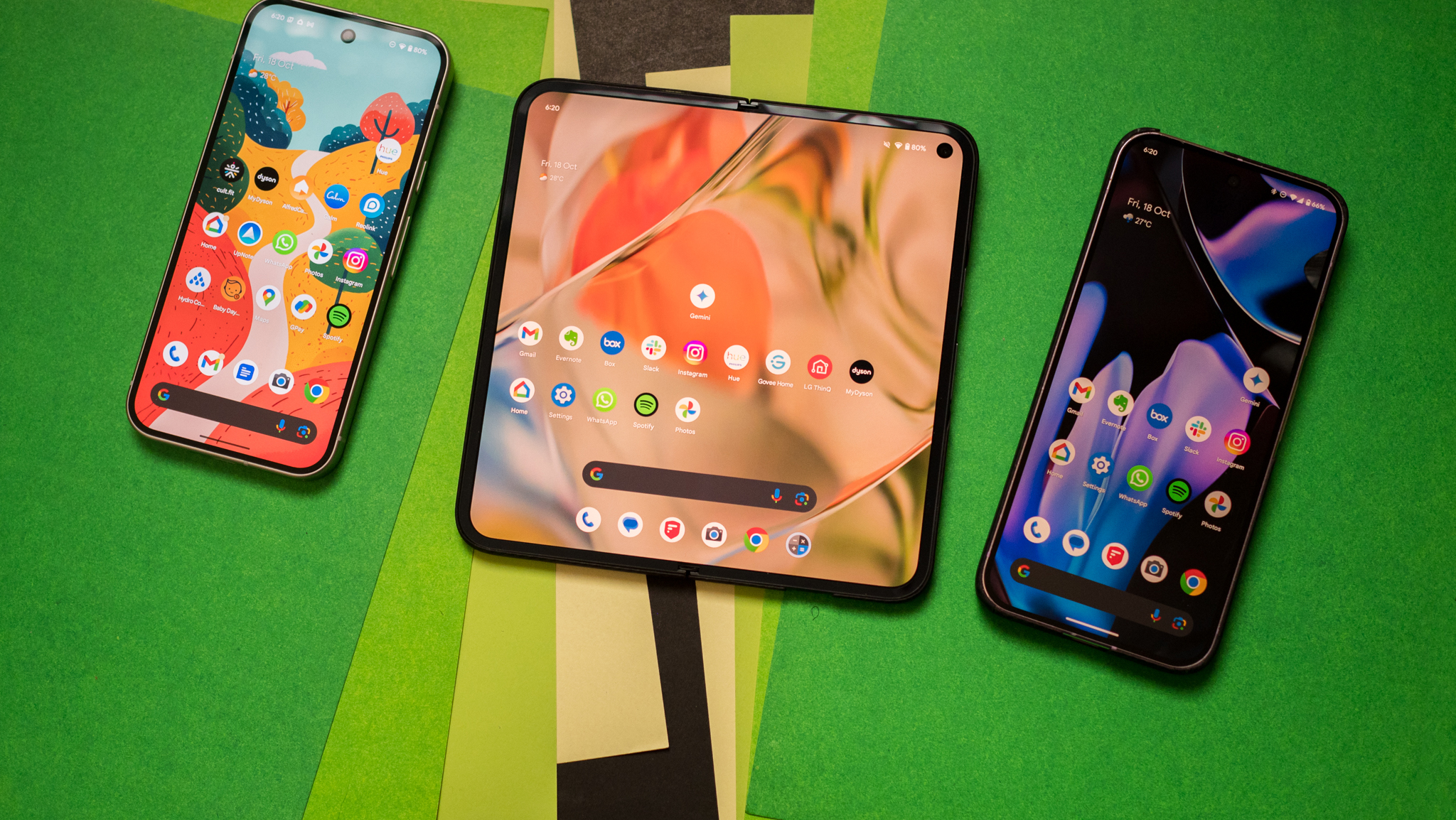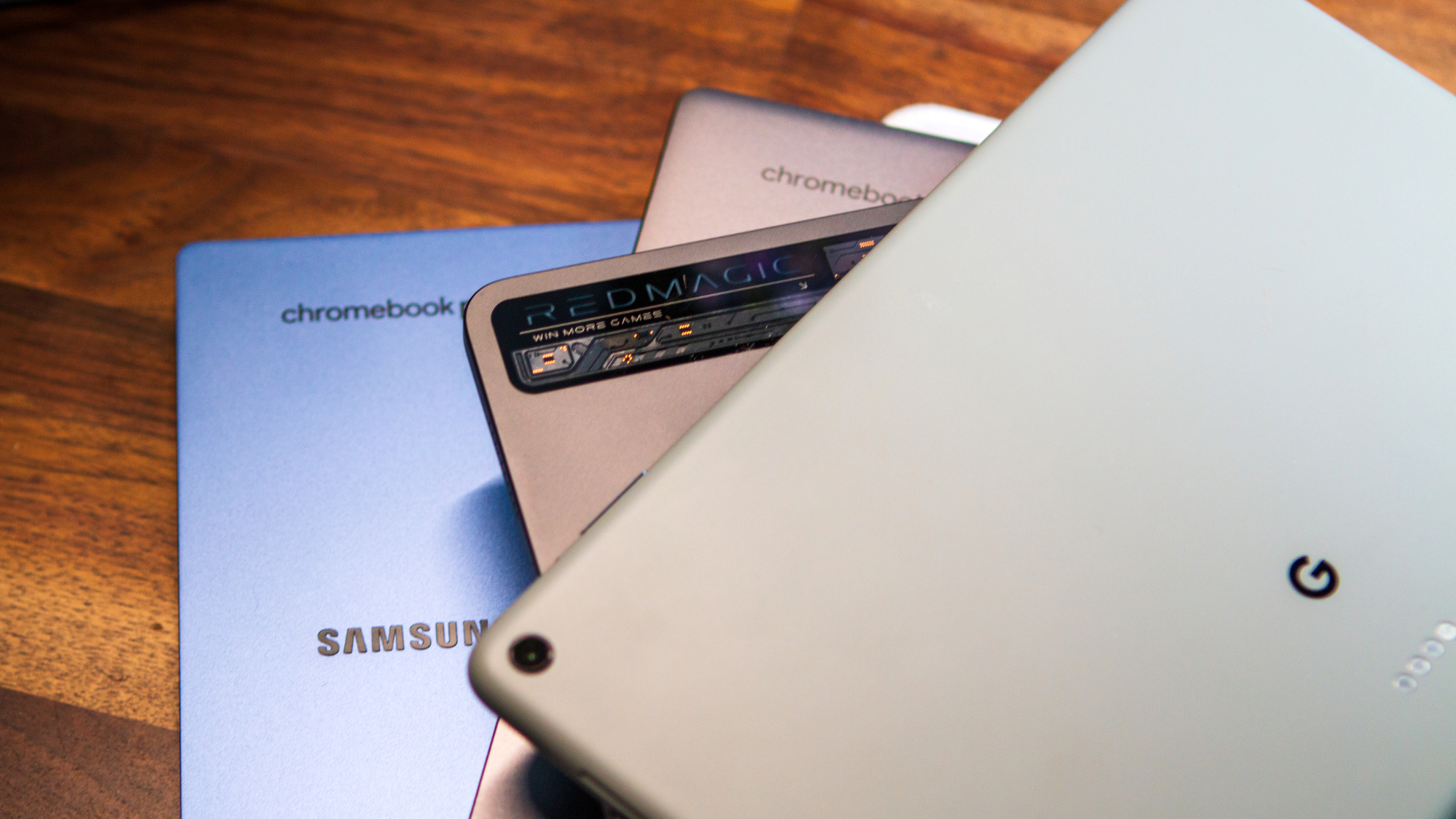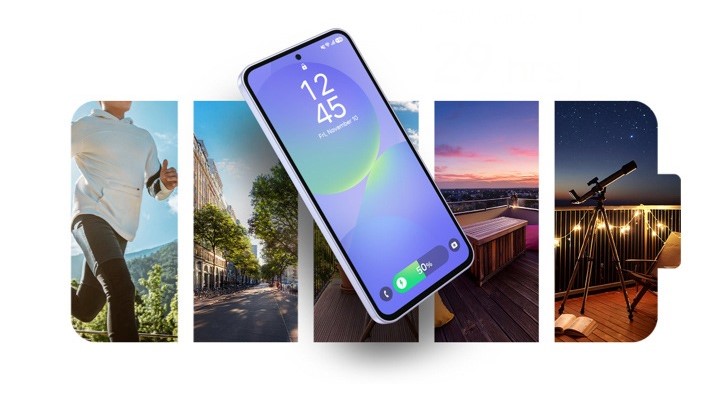Android doesn't need the Apple ecosystem features the EU wants to give it
The EU's position is seemingly that Android needs extra help, and that simply isn't the case.

If the European Commission gets its way, the distinct separation between the iOS and Android ecosystems could start to fade away. In a document published Wednesday, Dec. 18, the European Union's European Commission detailed reasons why it thinks Apple should open up iOS and iPadOS to work better with competition devices.
For Android and Wear OS fans, that could mean a world where you can AirDrop to an Android phone or connect a Pixel Watch to an iPhone natively.
Basically, all those features that helped Apple create its "walled garden" ecosystem could be forced to become interoperable with Android and other platforms. In a separate document, the EU outlined the specific features that Apple should open up to third parties — and it's quite the list. AirDrop, the popular Apple file transfer service, is one massive inclusion. AirPlay, automatic audio switching, and media casting are a few others.
As an Android fan, it's hard not to get excited by the practical benefits of the EU's suggestions. What if instead of needing to carefully make sure your phone, set-top box, and speakers were all compatible, they "just worked?" Or, if you could make AirDrop, Quick Share, AirPlay, and Google Cast all interoperable. It sounds too good to be true, but if it were true, it'd change our novel conception of platforms and ecosystems as we know them.
The EU didn't put it this way, but the government is essentially trying to build a Matter equivalent for mobile devices.
For those unfamiliar, Matter is a unified standard supported by Apple, Google, Samsung, and others that aims to make all smart home devices work together. With a Matter device, you don't need to worry about whether a smart home product supports Apple Home, Google Home, or Samsung SmartThings. In theory, they should all work together.
There's a key difference between what the EU is trying to do and what the Connectivity Standards Alliance did with Matter, though. For starters, Matter is something that tech companies did of their own volition, not because they were forced to by a governing body. There isn't a ton of precedent for what the EU is trying to do in this situation. Apple has spent its own research and development money to develop great features, and the EU thinks the Android platform is entitled to them.
Be an expert in 5 minutes
Get the latest news from Android Central, your trusted companion in the world of Android

For example, here's what the regulatory body had to say about AirPlay: "Apple shall implement an interoperability solution that provides third parties with access to the same AirPlay feature described in the preceding paragraph as available to Apple, in a way that is equally effective as the solution available to Apple."
Wait, the E.U. wants Apple to do what?
As someone who has followed the tech industry for a while, I find that statement inconceivable. It sounds unreasonable to think that a tech company could be forced to make something it developed from scratch for its devices to be interoperable. The EU believes that the Digital Markets Act's interoperability standards require Apple to open up such features, but I'm not so sure. Even as an Android user standing to benefit from accessories and services working better with my Google Pixel 9 Pro Fold, I can't help but wonder — is exclusivity ever okay?
To me, it is. Competition isn't about giving everyone the same resources and making every consumer electronics device exactly the same. It's about letting companies build their own products and ecosystems, thoughtfully making sure they don't use "lock-in" attempts to restrict consumer choice. If the market is functioning properly, brands like Apple, Samsung, Google, and others all have their own competing ecosystems. In the end, consumers choose which one they want to buy into.
It seems like the European Commission thinks that Apple is the only ecosystem-builder with exclusive features since these documents single out the Cupertino-based company. That's far from the case. In fact, I'd argue that Samsung has objectively the best ecosystem, integrating everything from smartphones to laptops to home appliances. Samsung has gone on the record saying it wants One UI to reach TVs and appliances one day.
Google isn't left out in the cold, either. It's reportedly planning to merge Android and ChromeOS to build a software superpower. Smart home devices, phones, tablets, and laptops are all sold with the company's software. I'd go as far as to say that Google Cast is far more reliable in my smart home than AirPlay ever was — I can cast media from my Pixel phone to my Nest Hub Max to my Google TV HD in seconds without missing a beat.

That's the big misconception: Android doesn't need extra help. Quick Share is a viable alternative to AirDrop, and it's worth noting that Apple users regularly call AirDrop one of the least reliable Apple features to ever exist (this official Apple support thread is just one example). Google Cast is arguably a better version of AirPlay, with the latter being a feature Reddit users routinely describe as "horrible."
Sure, if the EU successfully forces Apple to bring AirPlay, AirDrop, and other features to Android, it'll help the platform in the short term. Maybe it'll convince Apple users to switch, or perhaps it'll make it easier for Android users to stay. However, I think it'll hurt Android in the long run. The truth is, Android comes with a lot of great features — ones that I'm sure Apple users would love to have. Circle to Search is one that comes to mind immediately.
It'll go both ways. Eventually, it'll be Android that's forced to concede a killer feature to iOS. Instead of lawmakers forcing companies to give up their best features for free, I'd rather them focus on the real monopolistic practices these companies partake in. For example, regulators could make it illegal for Google to pay Apple billions to get Google Search as the default search engine on iOS. Or, they could stop Google, Apple, and Samsung from discouraging or preventing sideloading.
To be clear, there are a ton of things regulators could do to increase competition between major tech companies. Forcing platforms to give away their best features just isn't the way to do it. iOS and Android both have their strengths and weaknesses, and really, they don't need extra help to compete with each other. Make it easier for consumers to switch and freely choose their devices, and they'll vote with their wallets.

Brady is a tech journalist for Android Central, with a focus on news, phones, tablets, audio, wearables, and software. He has spent the last three years reporting and commenting on all things related to consumer technology for various publications. Brady graduated from St. John's University with a bachelor's degree in journalism. His work has been published in XDA, Android Police, Tech Advisor, iMore, Screen Rant, and Android Headlines. When he isn't experimenting with the latest tech, you can find Brady running or watching Big East basketball.
You must confirm your public display name before commenting
Please logout and then login again, you will then be prompted to enter your display name.
